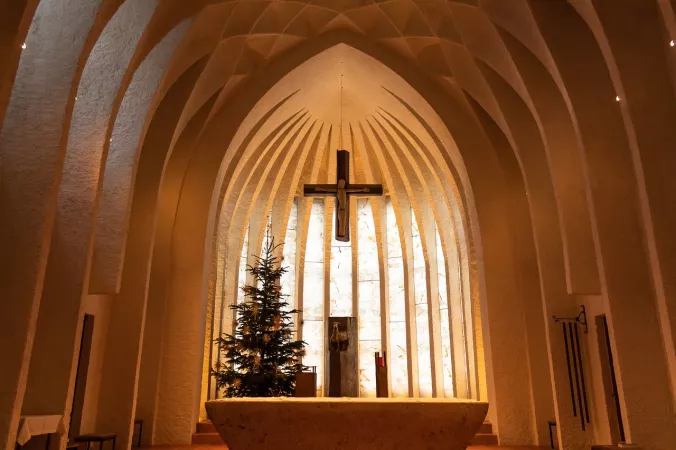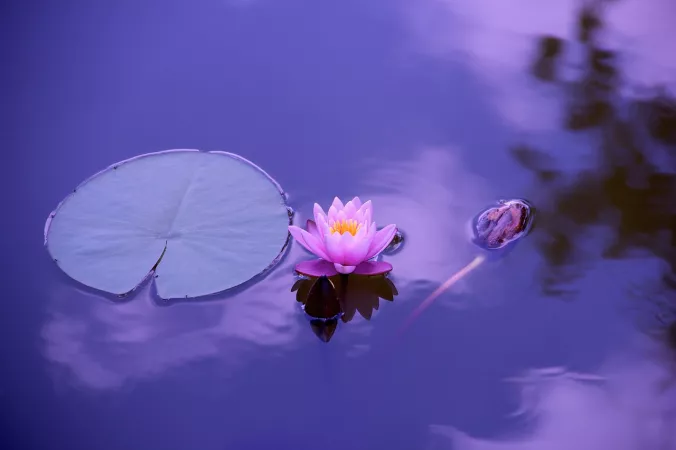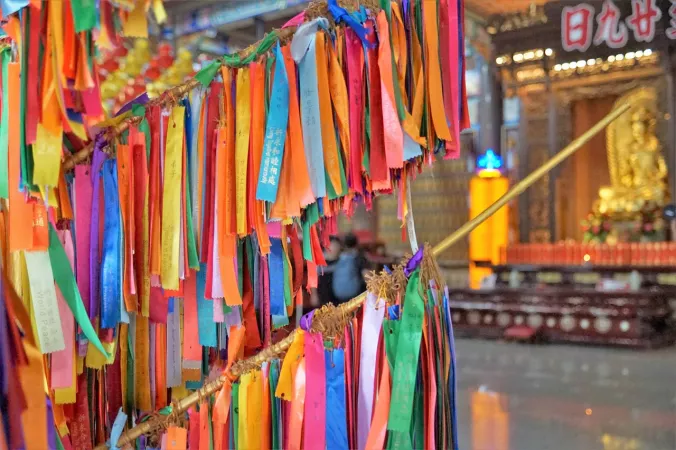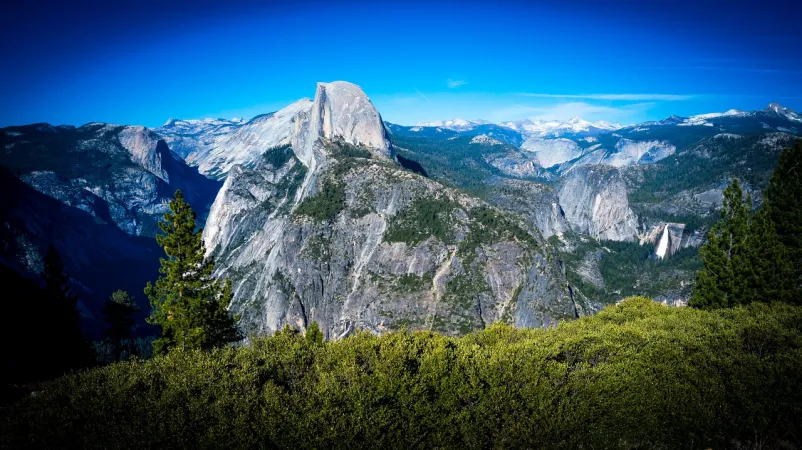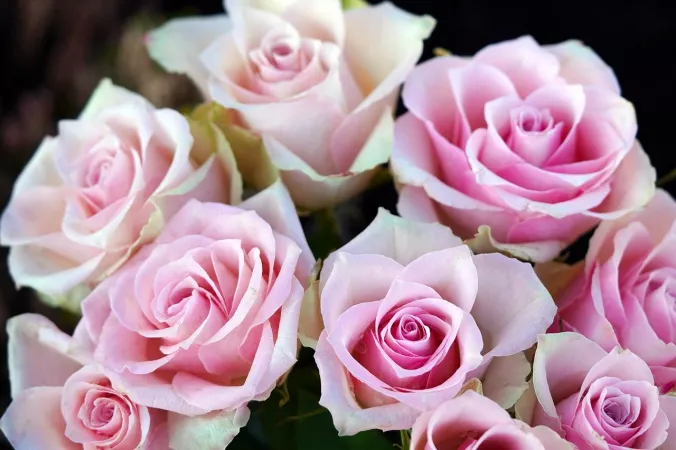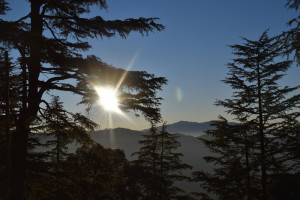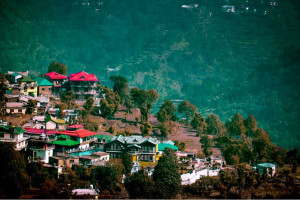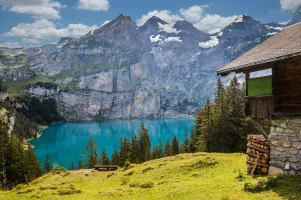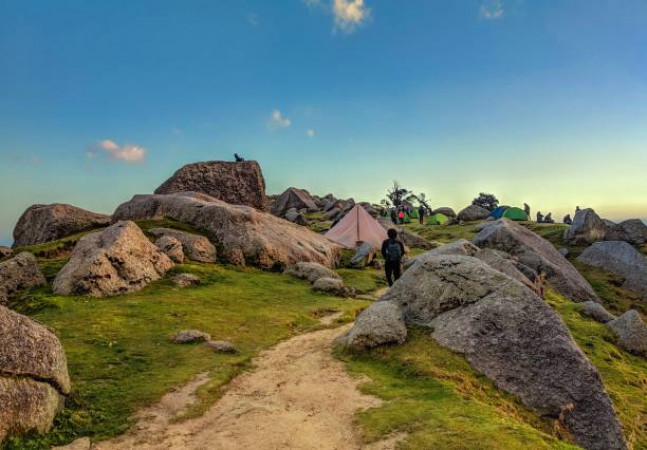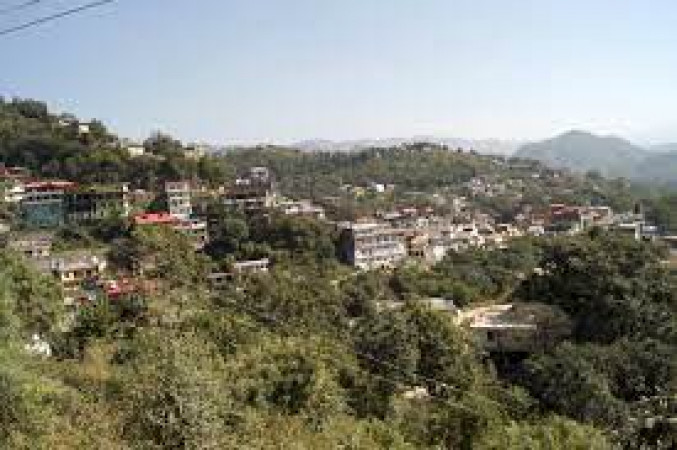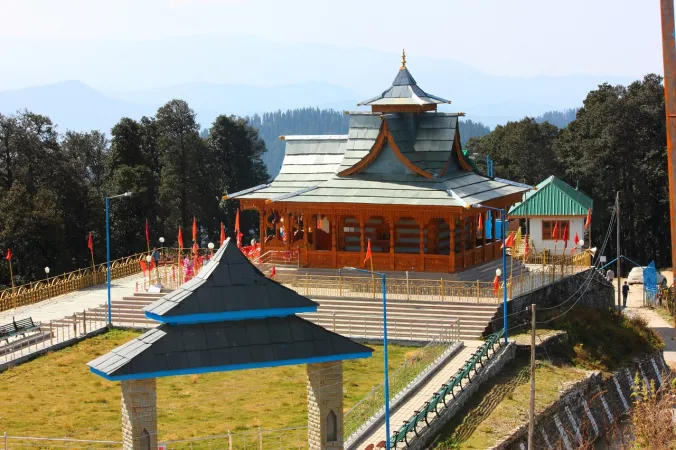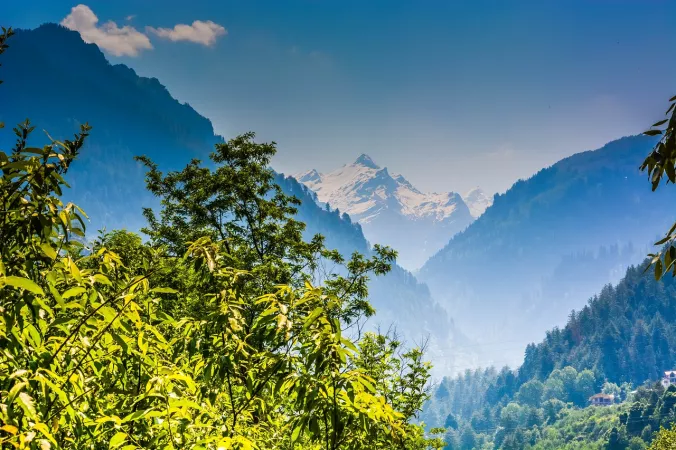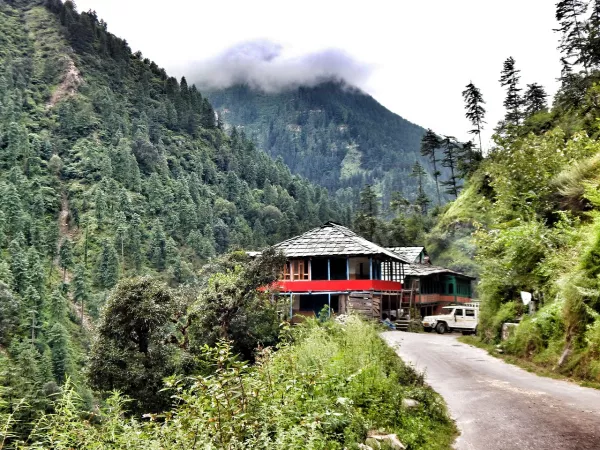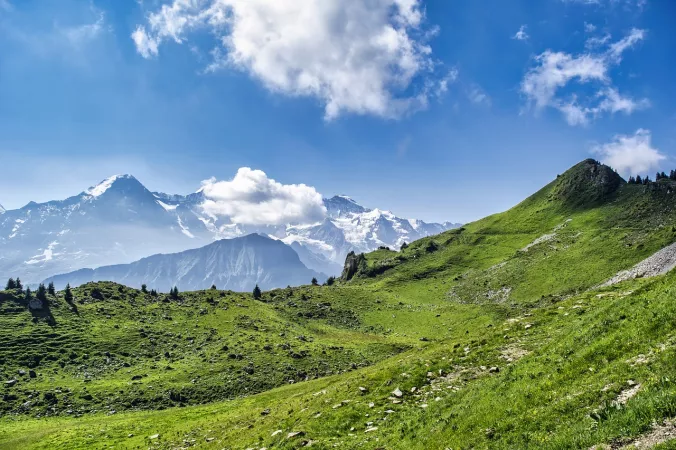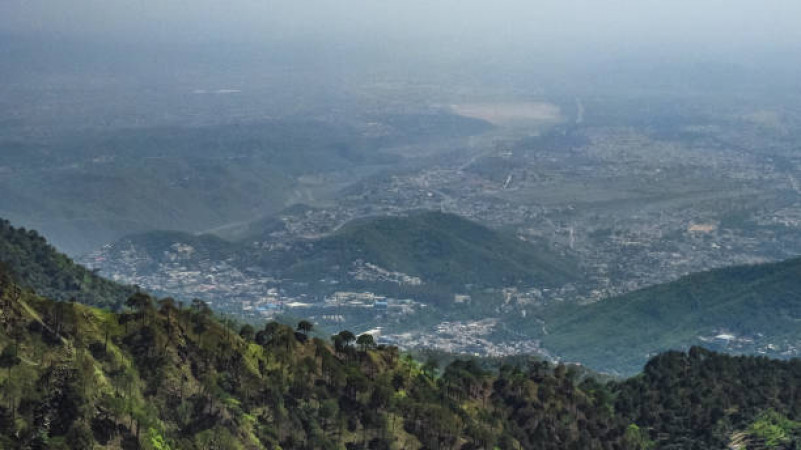
Kasauli
Package
7999 to 21000
7999 to 21000
Duration
2 to 4 Days
2 to 4 Days
Best time to visit
Mar-Jun, Sep-Nov
Mar-Jun, Sep-Nov
Theme
Hill Station, Adventure
Hill Station, Adventure
Kasauli Travel Guide
Kasauli, a small hill town in the state of Himachal Pradesh, India, is a popular tourist destination known for its serene beauty and pleasant climate. Nestled amidst the lush greenery of the Himalayas, Kasauli offers a perfect retreat for nature lovers and adventure enthusiasts. With its colonial architecture, winding trails, and panoramic views, Kasauli attracts visitors from all over the world.Top Attractions in Kasauli
- Manki Point
- Sunset Point
- Gilbert Trail
- Baptist Church
- Dagshai
Kasauli is Famous for
Natural beauty and serene environment.Top Attractions in Kasauli
- Explore the Monkey Point for stunning views
- Take a leisurely walk along the Gilbert Trail
- Visit the historic Baptist Church
- Enjoy a picnic at Sunset Point
- Discover the charm of Dagshai village
What's Great about Travelling to Kasauli?
- Perfect for nature lovers
- Ideal for a peaceful retreat
- Great for hiking and trekking enthusiasts
What's Not So Great about Travelling to Kasauli?
- Not ideal for those seeking a bustling city experience
- Limited nightlife options
- May not be suitable for travelers with mobility issues due to hilly terrain
Travel Tips for Kasauli
- Carry warm clothing, as evenings can get chilly
- Book accommodation in advance, especially during peak tourist seasons
- Respect the local customs and traditions
Important Kasauli trip information
- Ideal Duration: 2-3 days
- Best Time to Visit: March to June and September to November
- Nearby Airports and Railway Stations: The nearest airport is in Chandigarh, and the nearest railway station is Kalka
Top 8 Places to visit in Kasauli
Per Person
11,110
*EXCLUDING APPLICABLE TAXES 5.0 Ratings
( 393 Reviews )
( 393 Reviews )
Per Person
17,000
*EXCLUDING APPLICABLE TAXES 5.0 Ratings
( 393 Reviews )
( 393 Reviews )
Per Person
43,200
*EXCLUDING APPLICABLE TAXES 5.0 Ratings
( 107 Reviews )
( 107 Reviews )
FAQ's on Kasauli
Q1: What is the best time to visit Kasauli?
The best time to visit Kasauli is during the summer months from April to June and the autumn months of September to November. The weather is pleasant during these times, making it ideal for exploring the town and enjoying outdoor activities. Avoid visiting during the monsoon season from July to August as heavy rains can disrupt travel plans.
Q2: Do I need a visa to travel to Kasauli?
Most visitors to Kasauli do not require a visa as it is a popular tourist destination in India. However, it is essential to check the visa requirements based on your nationality before traveling. Make sure your passport is valid for at least six months beyond your intended stay.
Q3: What are the must-visit attractions in Kasauli?
Kasauli offers a serene and picturesque environment with attractions like the Monkey Point, Sunset Point, Gilbert Trail, Kasauli Brewery, and Christ Church. The lush greenery, colonial architecture, and panoramic views make these places must-visits for travelers.
Q4: Is Kasauli a safe place to travel?
Kasauli is generally a safe destination for travelers. However, it is advisable to take usual precautions like safeguarding your belongings, avoiding isolated areas at night, and staying informed about local conditions. Be cautious while trekking in the hills and follow safety guidelines.
Q5: What is the local currency in Kasauli and can I use credit cards?
The local currency in Kasauli is the Indian Rupee (INR). While credit cards are accepted at some hotels, restaurants, and larger stores, it is advisable to carry cash for smaller establishments and local markets. ATMs are available in the town for convenience.
Q6: What is the local cuisine like in Kasauli?
Kasauli offers a variety of delicious Himachali dishes like Sidu, Babru, and Chana Madra. The town also has cafes serving international cuisine. Vegetarian and non-vegetarian options are available, catering to different dietary preferences.
Q7: What transportation options are available in Kasauli?
In Kasauli, transportation options include local buses, taxis, and auto-rickshaws for getting around town and nearby areas. Car rentals are also available for those who prefer self-driving. Walking is a popular way to explore the town due to its compact size.
Q8: Are there any cultural norms or etiquette I should be aware of when visiting Kasauli?
When visiting Kasauli, it is important to respect the local culture and traditions. Dress modestly, especially when visiting religious sites. Greeting people with a "Namaste" is appreciated, and it is customary to remove footwear before entering homes or temples.
Q9: I am a travel agent. How can I buy travel leads of Kasauli?
Register yourself as a travel agent at agents.tripclap.com and then you can buy travel leads to Kasauli once your account is approved. For more details contact our support team at +91-8069186564 or support@tripclap.com
